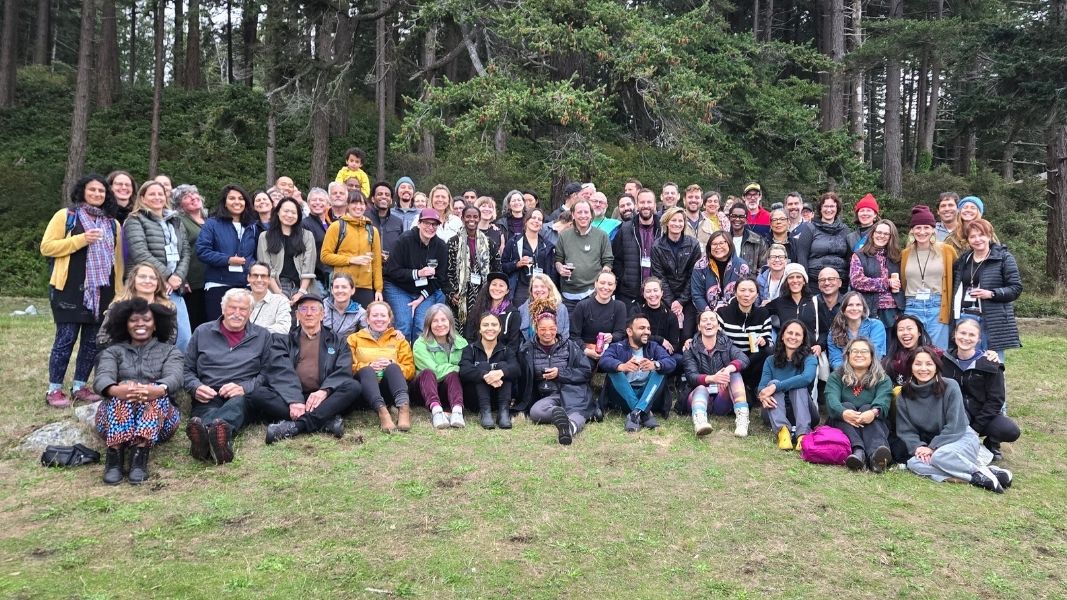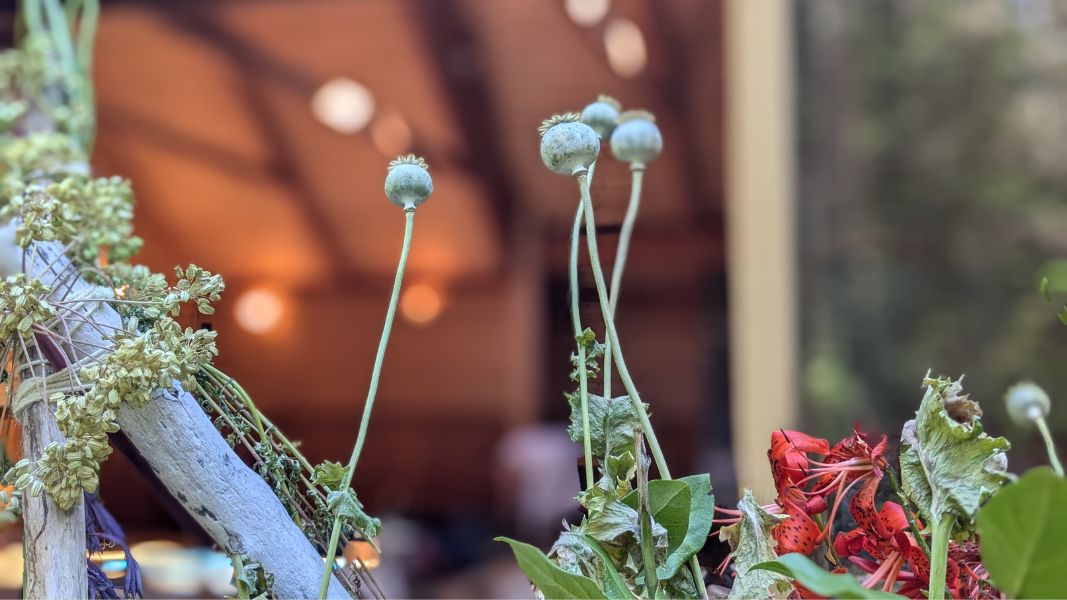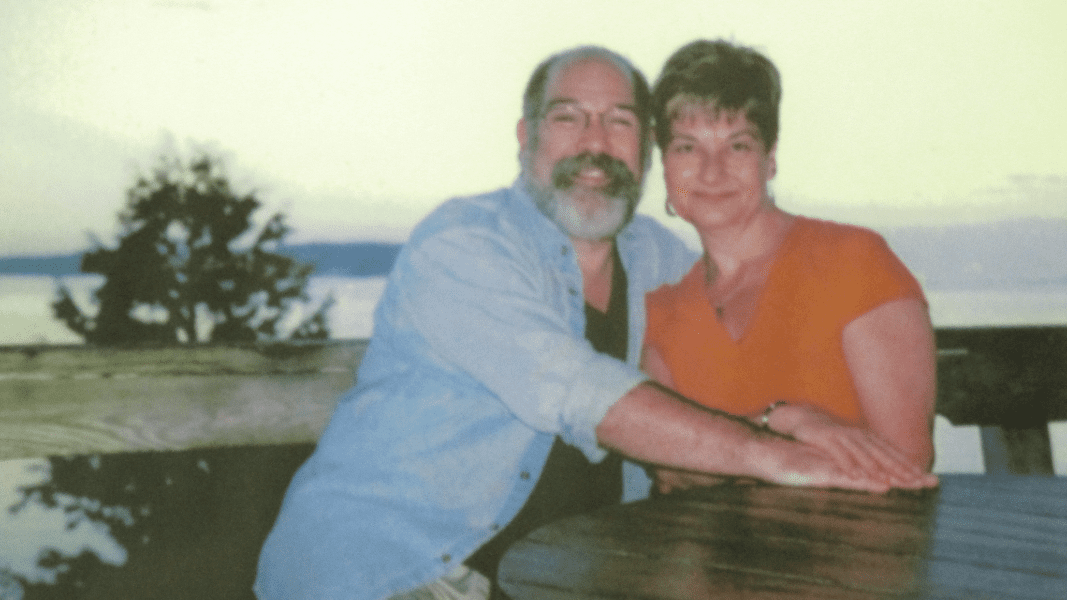Shainoor Khoja discusses her learnings from launching businesses in Afghanistan, Pakistan, and Syria.
When Shainoor began her career in 1985, her views on business as a community service were uncommon. Today– especially among the SVI Community– they’re commonplace.
“We have evolved in the business world. Any business that is solely profit-driven and doesn’t look at the greater ecosystem of impact is in a perilous position.”
From 2003 to 2012, Shainoor was Managing Director at Roshan, the largest telecom company in Afghanistan. As an Aga Khan Fund for economic development company, Roshan was built to support socioeconomic growth and social impact while making a profit in an emerging market. Emerging markets (also known as emerging economies or developing countries) are nations that are investing in more productive capacity.
Roshan has been named by Fortune magazine as one of the top 51 companies changing the world, by Fast Company as one of the top 10 companies globally innovating through social good, and by B Corp as a Best for the World company.
When Roshan was founded in 2003, Afghanistan was at war and 99% of citizens did not have access to a phone. Their options were to pay $12 per minute on a satellite phone or to walk 700 kilometres to the next country to make a call. In its rise to becoming the largest telecom company in Afghanistan, Roshan has faced innumerable business challenges, some as extreme as losing staff to a devastating truck bombing in 2017.
Working in an emerging market, Roshan is also in a unique position to create sweeping positive change in the region. Roshan’s contributions to the region are extensive, from training healthcare providers through telemedicine, building human capital in Afghanistan, creating opportunities for women, and driving enormous education initiatives.
When you’re working in emerging markets, it can be more intentional because you’re trying to bring that host nation along with you. We often come in with a western patriarchal approach, but I can give you examples of where that’s been reversed on me and I have learned from the ways of the host nation.
Shainoor describes how maintaining consciousness of “the how” and “the why” is essential to building a community-driven business, regardless of the context.
Here are four lessons that entrepreneurs anywhere can take from Shainoor’s experience in emerging markets:
1. Build for people instead of transactions
Shainoor’s first lesson when building a business or service is to explore the problem set from a multidimensional perspective. “Look from a lens that is more than transactional. There has to be something that ties you and the customer together.”
Her work in Afghanistan, Pakistan, and Syria has always been about more than writing a cheque. “With the Aga Khan Fund, we bring in 100% local people to run the business.”
Through her consultancy Better Business Enterprise, Shainoor advises nonprofits, the private sector, and government on how to move away from the “corporate social responsibility” model of cheque-writing. Instead, she helps organizations deepen their involvement with programming that integrates poverty mediation, helping local businesses avoid running from grant to grant, and to ultimately become sustainable.
2. Get into the other person’s shoes
“When working in emerging markets, we often make presumptions coming in. When we seek empathetic understanding and get in the other person’s shoes, we learn more and are more successful.”
Shainoor tells a story of when she was helping displaced Afghans in Rawalpindi, Pakistan. “From October to February, it can get very cold because you’re at the base of the Himalayas. There’s nothing like central heating. I would go to makeshift schools to help with fundraising and kids would come in with a shirt that had 2 buttons, shorts, and bare feet. To this moment, I can see their pink and purple little toes.”
Moved, Shairnoor asked her family to gather all the clothes they didn’t need and delivered them to the head of the school.
The next day, Shainoor walked through the marketplace and saw all of the clothes she had donated hanging in the stands. “As I walked to the school, I got angrier and angrier that the clothes were being sold.” When she arrived and questioned the headmaster, he said “We are really grateful to you. But we don’t need clothes. We need food.” He had sold the clothing to buy meals for the children.
“To this day I remember that:
First, was the assumption I had made about what I thought they needed. Second, was the realization that the children could be cold but they needed to have nutrition. Third, was their compassion; they were so polite about my misguided contribution.”
3. Define your purpose and bring employees together behind that purpose
Shainoor’s latest venture, Thrive, is grounded in purpose and a deep connection to her own personal experience.
Shainoor’s mother has always been fit. Since Shanoor’s father passed away 10 years ago, her mother has been comfortable living alone– until she had a fall. A subsequent second and third fall made her lose all her confidence. Suddenly housing options were limited. Her only choice was between a full-blown institution, which she didn’t need, or to move in with Shainoor, which meant she was pulled away from her friends and her own community.
Shainoor now cares for her mother in her own home. Shainoor is one of many adults who belong to the sandwich generation, a group of people who care for their aging parents while supporting their own children– all while continuing an active career.
The rapidly aging population and the isolation that comes with it has been defined as a global challenge. In search of a solution, Shainoor began exploring how to connect and enrich ecosystems impacted by aging.
Shainoor developed a startup and technology platform called Thrive. The platform includes a multitude of features, which increase safety, transparency, and connection. Shainoor hopes that it will reduce stress and increase connection so that elders can live independently longer, and children and parents can enjoy more enriched experience together. “If our hypothesis plays out, this will be transformational.”
4. Live by the values of transparency, accountability, and authenticity
Shainoor’s reputation as a transparent, accountable, and authentic leader has followed her around the world. As a result, talented employees seek out Shainoor, knowing they’ll be steeped in rich work experience as a member of her team.
Much of this comes back to Shainoor’s own awareness and gratitude from her experience as a displaced child. A refugee from Tanzania to the UK, she recognizes that opportunities like scholarships from her host country changed the trajectory of her life.
Each time I’ve had a blessing, I’ve felt grateful and thought how can I make it better for others. I am energized by this way of thought and so I continue to seek out good practices and authentic leaders.
Shainoor gently reminds us that we can all be more mindful about how we do business.
Want to learn more lessons from Shainoor’s incredible journey? Apply to join Social Venture Institute (SVI) from September 11 – 15, where Shainoor will share more insights as a True Confessions speaker.










